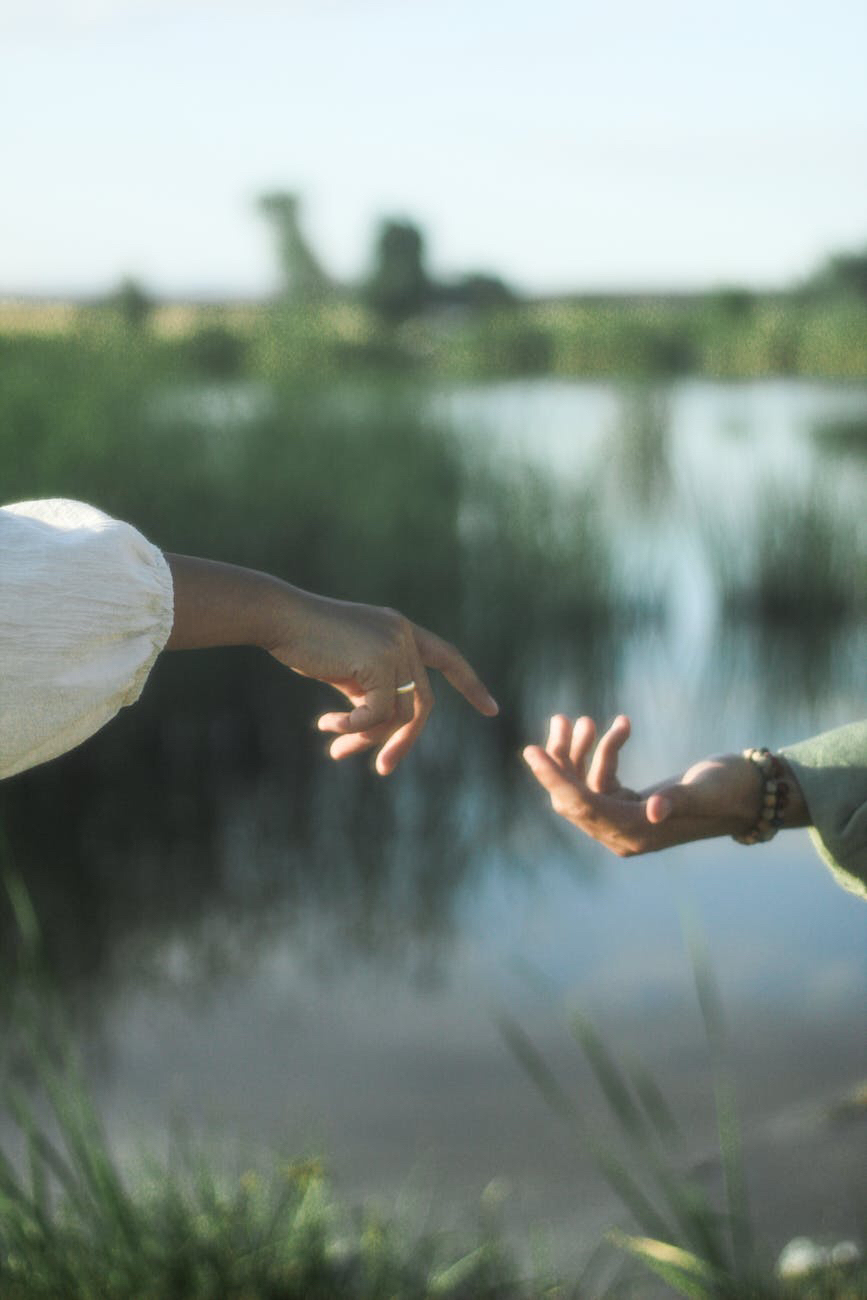 Growing up disabled and queer, I spent my entire life feeling like I was on the outside looking in. Whether it was thinking I didn’t fit in or being sure that everybody but me had a date on Saturday night, otherness stuck to me like glue, and it felt as if I’d never shake it off no matter what I did.
Growing up disabled and queer, I spent my entire life feeling like I was on the outside looking in. Whether it was thinking I didn’t fit in or being sure that everybody but me had a date on Saturday night, otherness stuck to me like glue, and it felt as if I’d never shake it off no matter what I did.
Feelings of otherness don’t just come from labels that separate; they can also crop up from something as simple as being an introvert or as complex as being part of a religious or ethnic minority or experiencing an abusive childhood. But no matter where these feelings come from, if unaddressed, they can lead to substance abuse, depression, and anxiety.
Let’s face it: most of us feel like outsiders occasionally—as if everybody else has it all together. We struggle along, getting just enough right so the cracks in the perfect picture we’re trying to present to the world don’t show too much.
You might think that feeling like an outsider comes from a lack of acceptance from those around us, but you’d only be half right—it turns out that a sense of otherness can also come from inside. When we don’t accept the mistakes we’ve made, our difference, and, yes, our very humanity, it’s inevitable that we’ll lack a sense of inclusion at times.
Though it can be difficult to overcome feelings of separateness, there are ways we can learn to accept ourselves and begin the journey toward belonging.
- Trust your gut. Pay attention to your feelings of otherness. You’ll be much more likely to do something about them if you acknowledge having them in the first place.
- Show a little self-compassion. Learn to be more non-judgmental when you’re feeling like an outsider. After all, these experiences come to all of us.
- Do a complete 180. Your natural tendency will be to close yourself off if you’re feeling other, but the exact opposite is true. When you think your point of view doesn’t matter, state it loud and proud. It’s a scary prospect, but precisely what we need to help us feel like we belong.
- Accentuate your positives. Making a list of the things you like about yourself is a great way to start. Focus on all the good things that surround you—not only the people you treasure but also the unique gifts you bring to the world.
- Choose friends wisely. When we surround ourselves with those with the same interests and values, we’re more likely to feel safe enough to reveal who we are, a key to nurturing relationships that help us feel included.
- Do you. Only when we embrace our true selves can we form genuine bonds with those around us, making it more likely that we’ll feel like we belong.
We all struggle with feeling like an outsider at one time or another, but we can reclaim our sense of belonging by refusing to be anything other than our authentic selves. We can learn to be gentler when accepting our imperfections, asking those around us to take us at face value. After all, aren’t the things that make us feel separate, the very things that allow us to bestow our unique brand of verve and talent on a world sadly lacking in true originality—a thing that far from being discarded should be celebrated.
If you sometimes struggle with feeling like an outsider, the counselors at Healing Connections can help you discover ways to embrace your true self and gain a sense of belonging.
References
Antonino. Raffaello, MD, (2023, July 14). Overcoming Feeling Out of Place: Practical Tips. therapy-central.com. https://therapy-central.com/2023/07/14/overcoming-feeling-out-of-place-practical-tips/
Webb. Janice, Ph.D. (2024, March 26) Why Some People Feel Like Outsiders Even If They’re Not. psychologytoday.com. https://www.psychologytoday.com/us/blog/childhood-emotional-neglect/202402/why-some-people-feel-like-outsiders-even-when-theyre-not
About the Author
Charles Davis, MSW, has written for several academic publications and was a semifinalist for the 2023 Mason Jar Press 1729 Book Prize in Prose. He lectures on a variety of disability issues, including legal rights and sexuality. Mr. Davis also writes a blog on navigating loss and building a new life at: https://gayandgrieving.blog.
